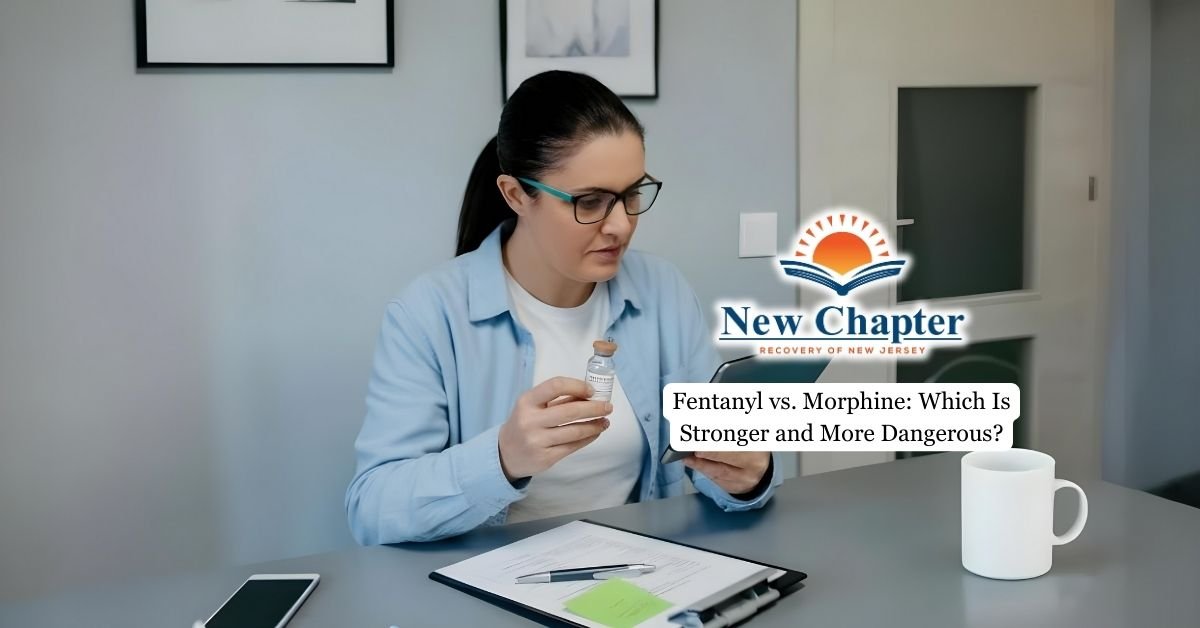Ativan, a widely prescribed medication for treating anxiety and related conditions, has been a topic of considerable discussion regarding its classification as a controlled substance. The classification of prescription drugs reflects a balance between the drug’s recognized medical uses and its potential risks.
This article aims to clarify Ativan’s status, exploring the reasons behind its regulatory oversight and the implications for patients and healthcare providers.

Understanding Controlled Substances
The Controlled Substances Act (CSA) is the rulebook for regulating medications with the potential for misuse and dependence. It categorizes drugs into five schedules based on their potential for abuse, with Schedule I having the highest risk and Schedule V the lowest.
Lorazepam, the generic name for Ativan, is classified as a Schedule IV controlled substance. This means it has a lower potential for abuse compared to Schedule I, II, and III drugs, but still requires a prescription for legal use.
The CSA’s classification system aims to prevent misuse while allowing for legitimate medical use of controlled substances like lorazepam. It highlights the need for careful prescription and monitoring practices by healthcare providers to minimize risks associated with these medications, including addiction and withdrawal symptoms.
Ativan’s Controlled Substance Classification
Ativan, the brand name for lorazepam, is a Schedule IV controlled substance under the U.S. Controlled Substances Act. This classification indicates that while Ativan has an accepted medical use, it also has the potential for abuse and may lead to dependence.
As a Schedule IV drug, Ativan is considered to have a lower risk of abuse compared to substances in Schedules I, II, and III.
However, this doesn’t mean that Ativan is without risks. Its controlled status means that healthcare providers must follow strict guidelines when prescribing Ativan to minimize the potential for misuse and addiction. These regulations limit the number of refills and require careful monitoring of patients taking the medication.
If you suspect that you or someone you know is struggling with lorazepam abuse, you can receive professional guidance and support here: https://newchapterrecoverynj.com/ativan-addiction-treatment-new-jersey/ .
Risks and Consequences of Misuse
Lorazepam abuse can result in physical dependence, where you may need increasing doses to achieve the same effects, similar to the risks associated with opioid misuse.
If you abruptly stop taking Ativan after prolonged use, you may experience withdrawal symptoms, including anxiety, insomnia, seizures, and severe mood disturbances. These serious risks underscore why Ativan is classified as a controlled substance.
The dangers of Ativan misuse are compounded when combined with other substances, such as opioids or alcohol, which can lead to severe respiratory depression and increased risk of overdose.
It’s also concerning that over half of prescription drug misusers obtain medications like Ativan from friends or relatives, highlighting the potential for unregulated use.
To minimize these risks, it’s crucial to use Ativan only as prescribed by a healthcare provider and to be aware of the consequences of misuse.

Proper Use and Precautions
To ensure proper use, it’s crucial to follow your healthcare provider’s dosage instructions strictly and avoid abruptly discontinuing the medication, which can lead to withdrawal symptoms.
Prescriptions for Ativan must adhere to specific state laws, typically limiting refills to no more than five times within a six-month period.
You should store lorazepam securely, away from children and others, to prevent unauthorized access and potential misuse.
Learning more about the side effects of ativan will make you aware of what’s common and what symptoms should be considered alarming.
Legal Considerations
You can’t obtain Ativan without a prescription from a healthcare provider, and there are limits on the quantity that can be prescribed and the number of refills allowed.
If you’re prescribed Ativan, your healthcare provider will closely monitor your use to prevent misuse and ensure you’re adhering to the legal guidelines for controlled substances. Misusing Ativan or distributing it illegally can result in serious legal consequences, including criminal charges.
Final Thoughts from New Chapter Recovery
Ativan can be an effective treatment for anxiety and related conditions when used as prescribed. However, its potential for misuse and addiction cannot be overlooked. For those struggling with Ativan addiction in New Jersey, New Chapter Recovery offers specialized treatment programs that address the unique challenges of Ativan dependence. Our approach integrates evidence-based addiction treatment with emotional and holistic support to provide a comprehensive path to recovery.






